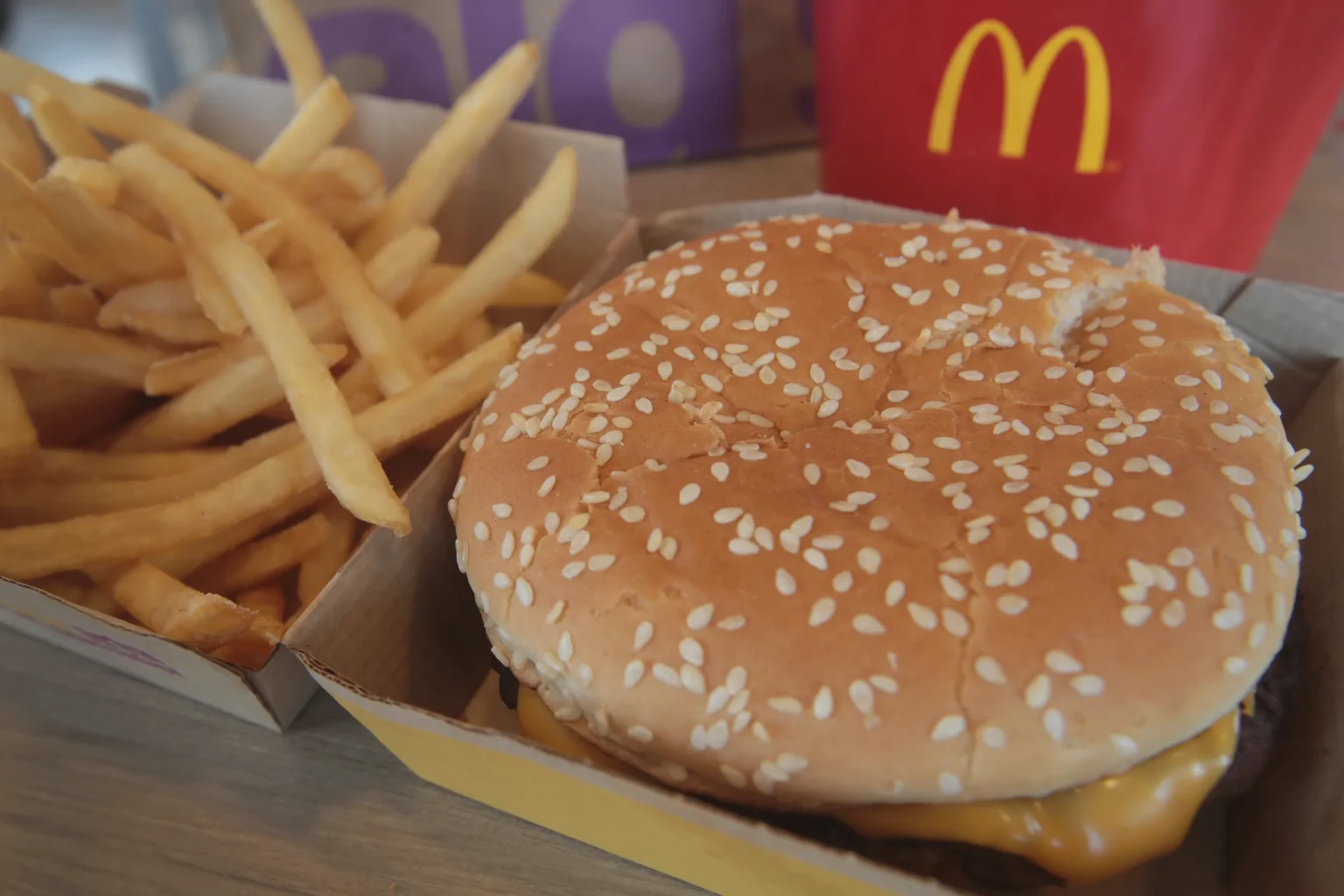Abu Dhabi: The UAE Ministry of Climate Change and Environment (MoCCE) confirmed on Friday that meals served at McDonald’s outlets across the UAE are free from E. coli bacteria.
“The UAE regulatory authorities continue to conduct regular inspections to ensure that all food facilities meet safety and quality standards,” the ministry shared on X.
This statement follows a recent E. coli outbreak in the U.S., linked to McDonald’s Quarter Pounder burgers, which resulted in dozens of illnesses, predominantly in Colorado and Nebraska, with one reported fatality, according to the U.S. Centers for Disease Control and Prevention (CDC).
In the U.S. outbreak, ten people required hospitalization, including one child who suffered from hemolytic uremic syndrome (HUS), a severe condition that can lead to blood clots and life-threatening complications. The CDC reported that all affected individuals had dined at McDonald’s, primarily consuming Quarter Pounders, between September 27 and October 11.
McDonald’s UAE Responds
Responding to concerns, McDonald’s UAE told Gulf News: “We are aware of the issue in the US and want to reassure our customers that McDonald’s UAE is not affected. We source our onions from Spain, and they undergo strict safety measures before reaching our restaurants. In addition, our 100 per cent Halal beef patties are sourced locally in Abu Dhabi, where they undergo stringent food safety measures before being packed and delivered to our stores. None of the affected products or ingredients are used in our operations, and the quality and safety of our food remain our top priority.”
In the U.S., McDonald’s indicated that onions were the likely source of contamination, though beef had not been completely ruled out. The onions in question came from a single supplier, while the beef patties are sourced from various suppliers and cooked in restaurants.
Understanding E. coli
Escherichia coli (E. coli) is a bacteria commonly found in environments like the intestines of humans and animals. Most strains are harmless and aid in digestion, vitamin production, and protection from harmful germs. However, certain strains, like Shiga toxin-producing E. coli (STEC), can cause severe illnesses including diarrhea, urinary tract infections, pneumonia, sepsis, and haemolytic uremic syndrome (HUS). HUS can lead to kidney failure, long-term health complications, and even death.
Preventing E. coli Infection
Preventive measures include proper hand hygiene, safe food preparation practices, and drinking clean water. These precautions are particularly important for young children, older adults, individuals with weakened immune systems, and international travelers.




